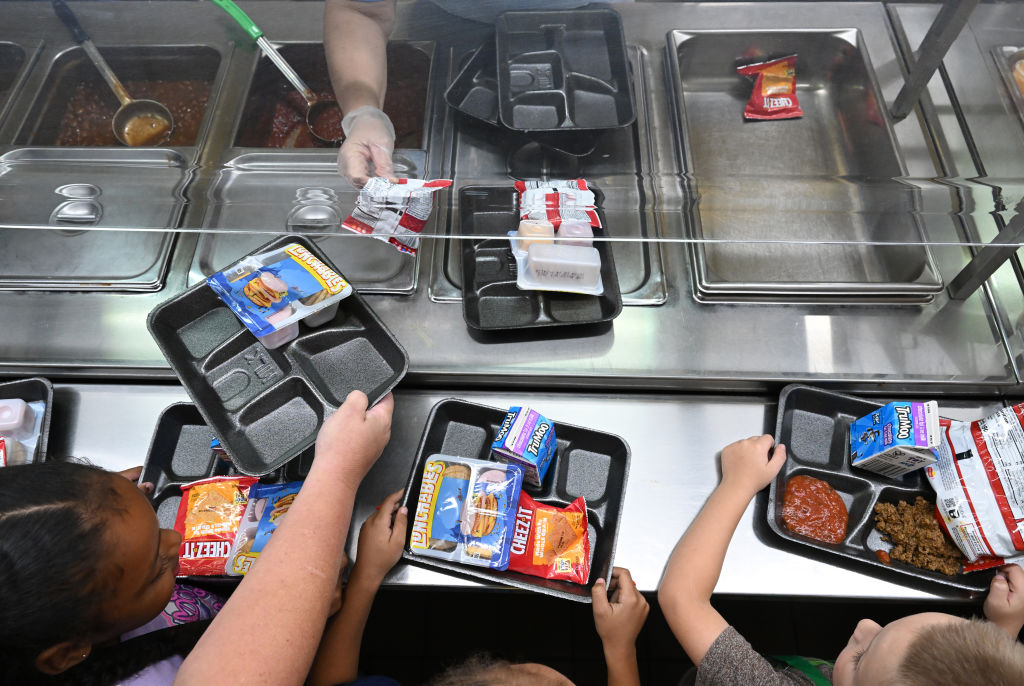Last fall, Emily Krieger, a mother in Bozeman, Montana, began to wonder about the unending fees she was paying to provide her two children lunch money at their local public school.
A cafeteria lunch at Emily Dickinson Elementary School, where Krieger’s children attend, costs $2.25, plus $1 for a carton of milk. Yet last year, the cost of loading money onto students’ meal accounts — which are managed by a website called MySchoolBucks — increased to $3.25 per transaction. The fee had grown larger than the cost of an entire meal.
“It caught my attention,” Krieger told the Lever. On the MySchoolBucks website, the $3.25 charge was called a “program fee.” But that money, Krieger learned, wasn’t going toward her children’s school.
Instead, the fees were going to one of the largest payment processing companies in the world — one that has been fighting a years-long legal battle to protect the millions it makes upcharging parents on lunch money. Now, that operation is facing new scrutiny from the courts and federal regulators.
At the same time, efforts are ramping up to provide universal free school lunches, which Minnesota adopted last year under the governorship of Democratic vice presidential candidate Tim Walz. But the school lunch tycoons — and their powerful legal and lobbying teams — won’t be relinquishing their lunch-money millions without a fight.
MySchoolBucks, a subsidiary of financial behemoth Global Payments, is the largest of three payment processors that dominate an increasingly lucrative K-12 payments market, mediating millions of dollars in payments from students and their parents for everything from school lunches to athletic events. As the company has increasingly cornered the market, it has drawn…
La suite est à lire sur: jacobin.com
Auteur: Katya Schwenk

